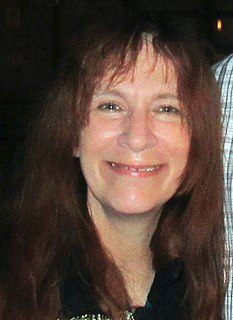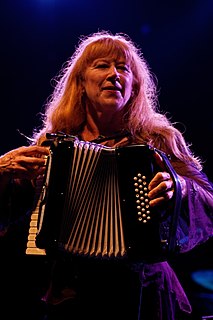A Quote by Tyler Henry
I know the death of my grandmother acted as a catalyst to somehow turn something on because before 10 I didn't really have many intuitive experiences.
Related Quotes
I know that as a very young child, I was afraid of death. Many children become aware of the notion of death early and it can be a very troubling thing. We're all in this continuum: I'm this age now, and if I live long enough I'll be that age. I was 20 once, I was 10, I was 4. People who are 20 now will be 50 one day. They don't know that! They know it in the abstract, but they don't know it. I'd like them to know it, because I think it gives you compassion.
Here's what I didn't know when I was starting out that I now know…I thought when you were starting out it was really hard to write because you hadn't broken in yet, you hadn't really hit your stride yet. What I found out paradoxically is that the next script you write doesn't get easier because you wrote one before…each one gets harder by a factor of 10.
I don't know if it's unique, but I know many Korean American people of my generation who want to know about their grandparents' lives in Korea, but their family members won't tell them because it's too painful. But my grandmother is just a natural storyteller, and she very openly spoke about really difficult times in her life.
My father never feared death. He never saw it as an ending. I don't know why Alzheimer's was allowed to steal so much of my father before releasing him into the arms of death. But I know that at his last moment, when he opened his eyes - - eyes that had not opened for many, many days - - and looked at my mother, he showed us that neither disease nor death can conquer love.
As a culture, we believe that if we kill something, we've killed the issue. That's why so many books end with death, why so many plays end with death, because it's full resolution. I'm always curious to know what happens after Romeo and Juliet die. In a way, that's the beginning of the story. Maybe beyond the story is even better.
I’ve never cheated on a lover. I’m faithful, always. But the war comes before anyone’s feelings. Every time.” Wow. Battle before love. Without a doubt, he was the most unromantic male she’d ever met. Even more so than her great-grandfather, who had laughingly burned her great-grandmother to death after she’d given birth to Gwen’s grandmother.
I don't know why Alzheimer's was allowed to steal so much of my father before releasing him into the arms of death. But I know that at his last moment, when he opened his eyes, eyes that had not opened for many, many days, and looked at my mother, he showed us that neither disease nor death can conquer love.


































